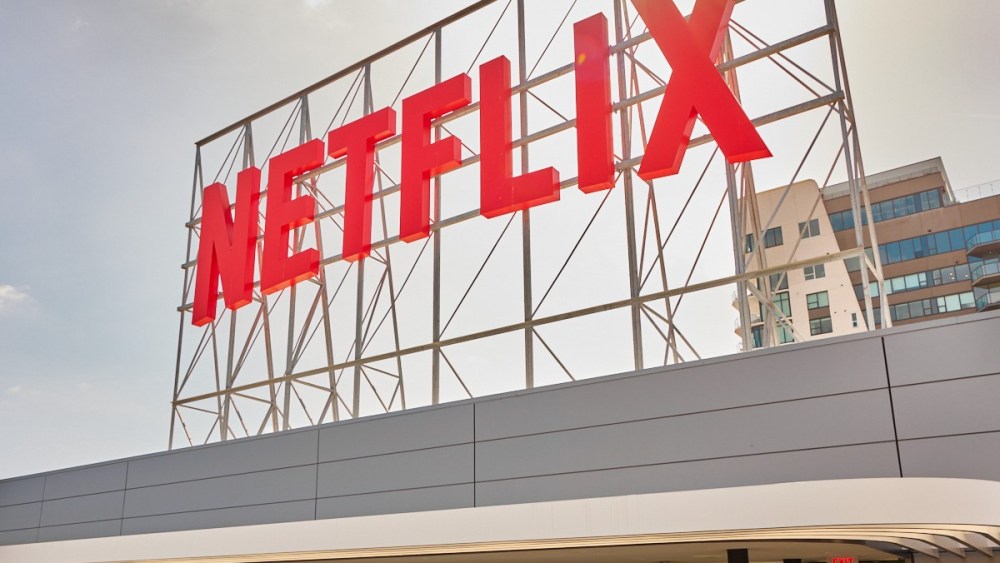Netflix has been awarded a $20 million subsidy from the California film and TV tax credit program for an untitled film, the largest award out of 48 film projects in the latest round.
The California Film Commission approved funding for five studio films and 43 independent features, totaling $94 million in tax credits. Among the other studio films are a sequel to “One of Them Days,” a Sony/TriStar film produced by Issa Rae, which will receive $8 million.
Another Sony film, also untitled, will receive $9.4 million; Warner Bros. will receive $6.9 million for “Blow Up the Chat,” a comedy from “Curb Your Enthusiasm” alum Jeff Schaffer; and 20th Century will get $4.5 million for “Bell.” The full list is on the commission’s website.
Several adjustments to the state program are set to kick in on July 1. Among them, the tax credits on studio films will become refundable over a five-year period. In the past, major studios could use tax credits only when they had tax liability in California — which is how all California business incentives have traditionally been structured.
Under the new program, studios will get cash back if they cannot apply the tax credits to their in-state liability. Netflix is expected to be one of the biggest beneficiaries of the change, as it generates far more tax credits in California than it can use.
The Motion Picture Association, which lobbies on behalf of the studios, recently pushed for tax credits to be transferable — meaning they could be sold to other taxpayers for instant cash — but that was not included in legislation reforming the program.
The credit for independent productions has been transferable all along, as indie productions would otherwise be unable to monetize the credits.
The MPA has also sought to include “above the line” salaries among eligible expenses, but that has likewise been excluded. A bill to reform the program calls for increasing the base credit from 20% to 35%, with potential to increase it to 40% for filming outside of Los Angeles.
Gov. Gavin Newsom has called for increasing the annual allocation from $330 million to $750 million. The Legislature is expected to act on that by the end of the month.
Read the full article here








